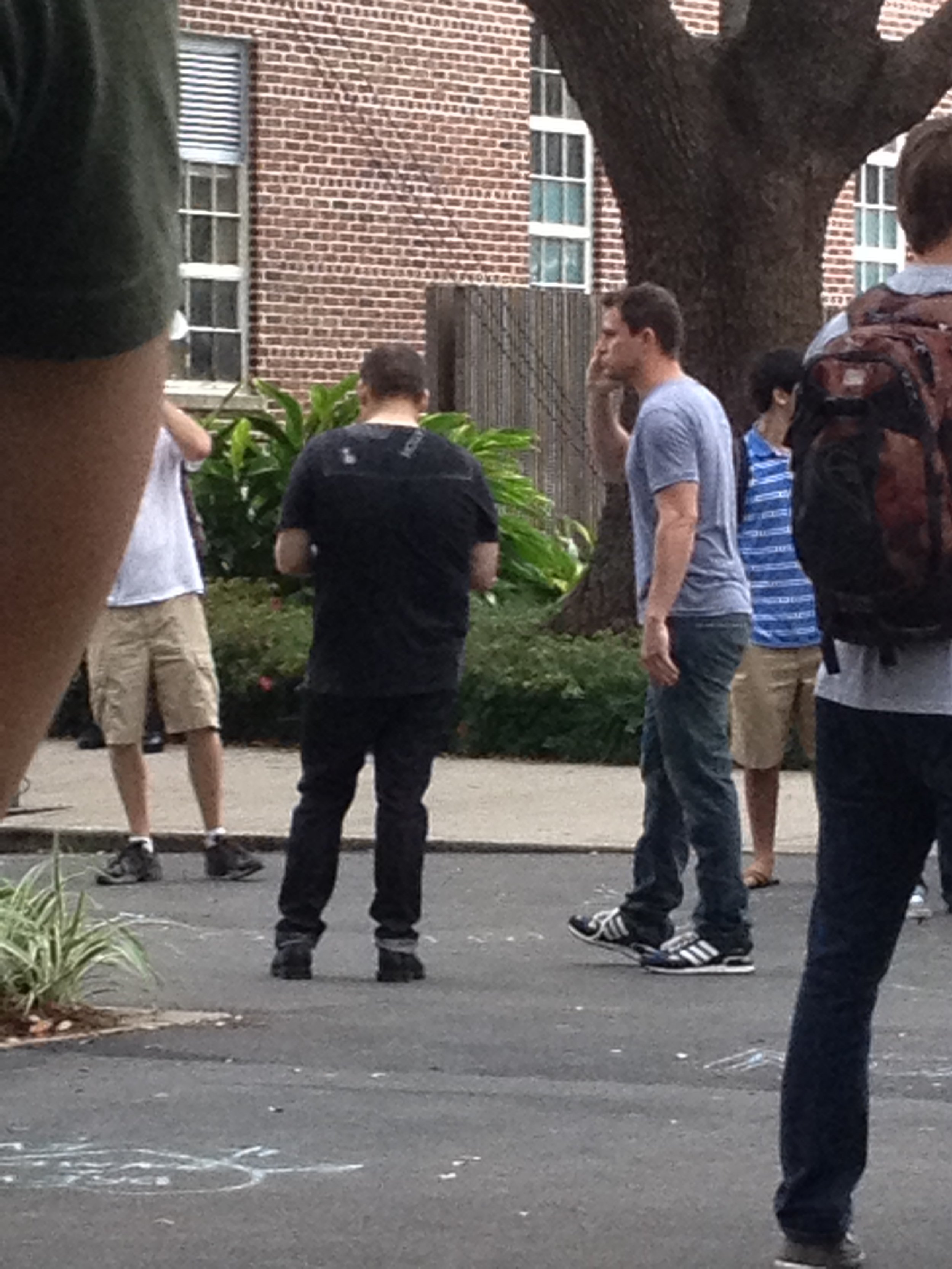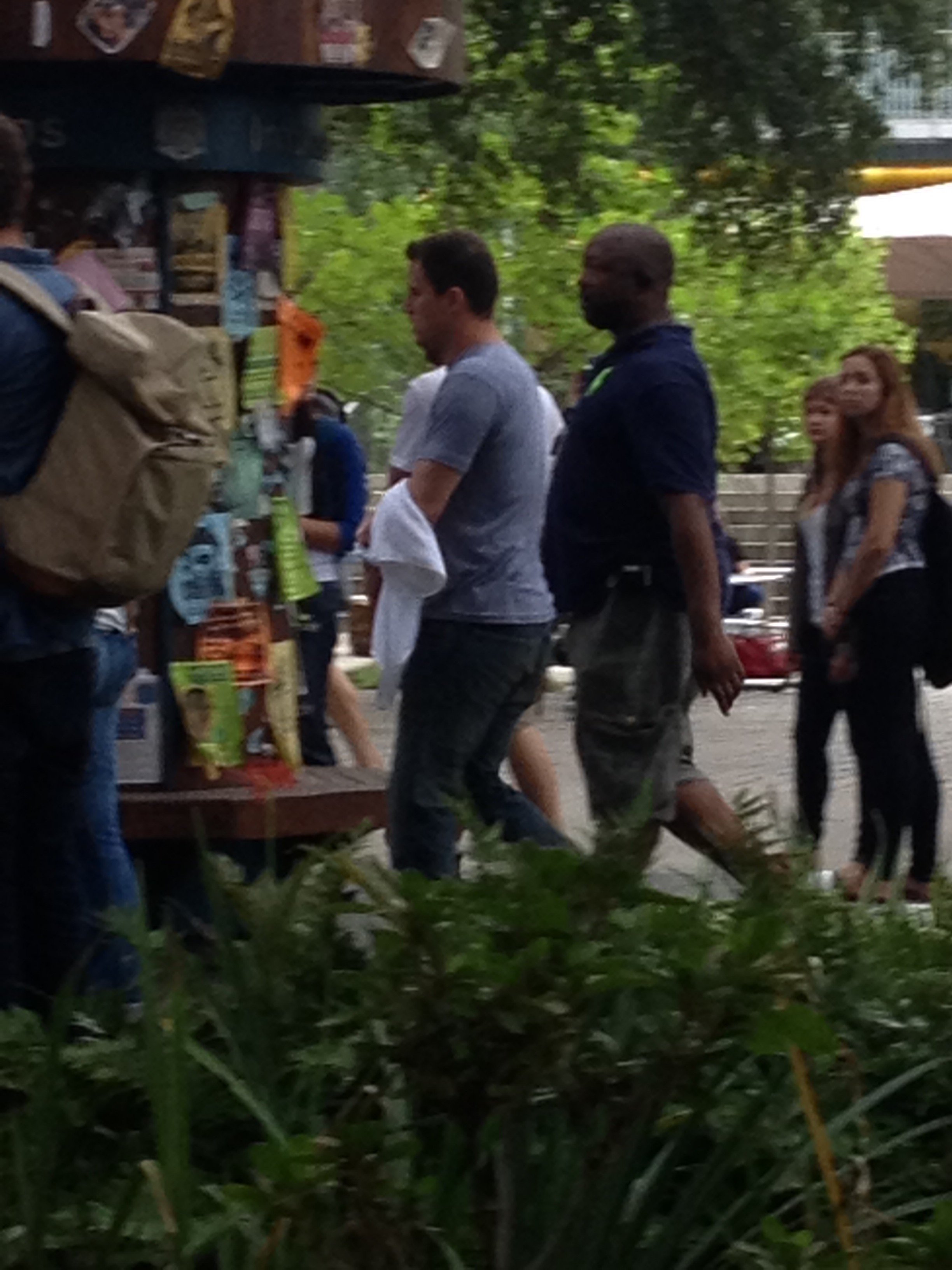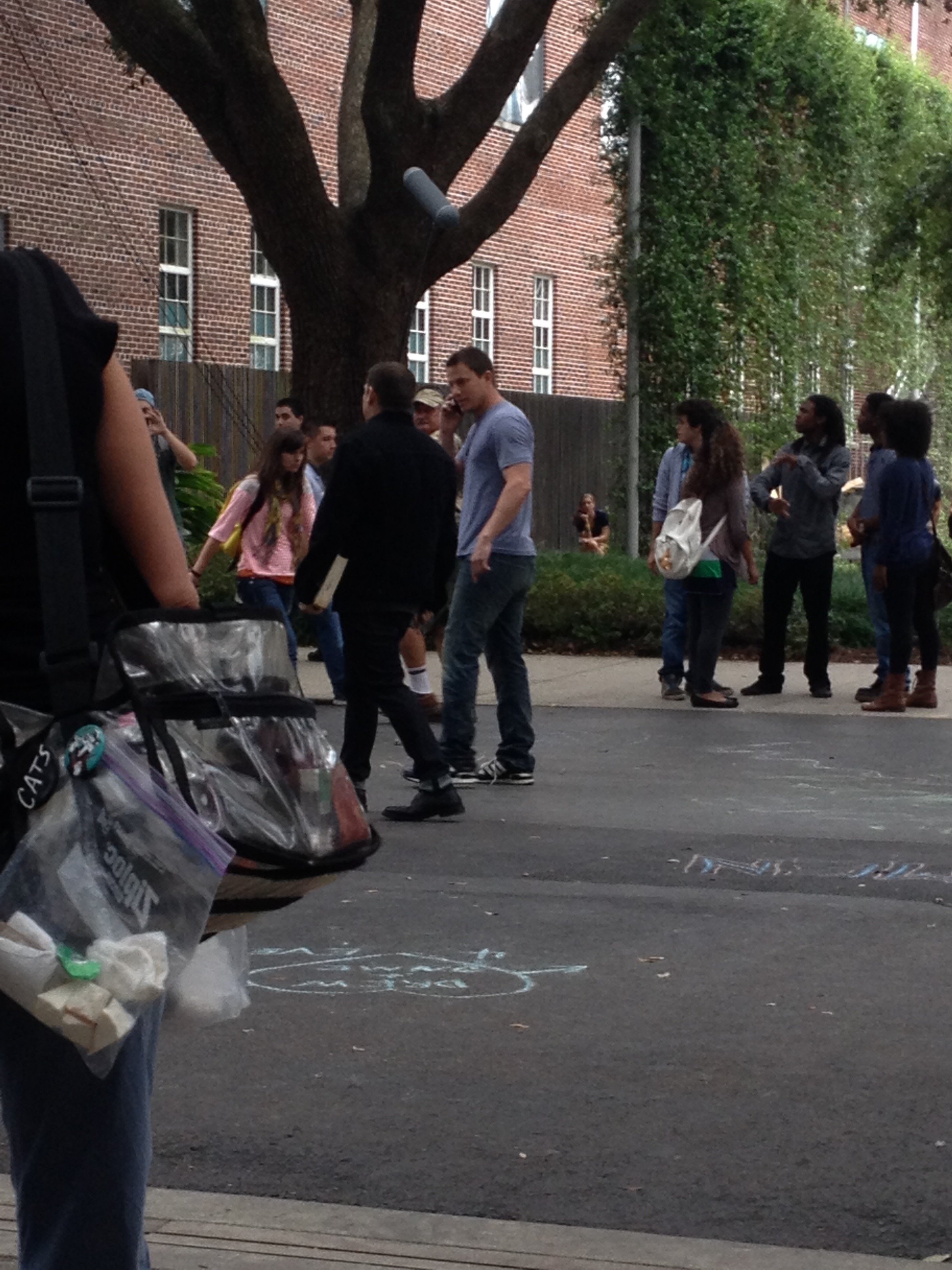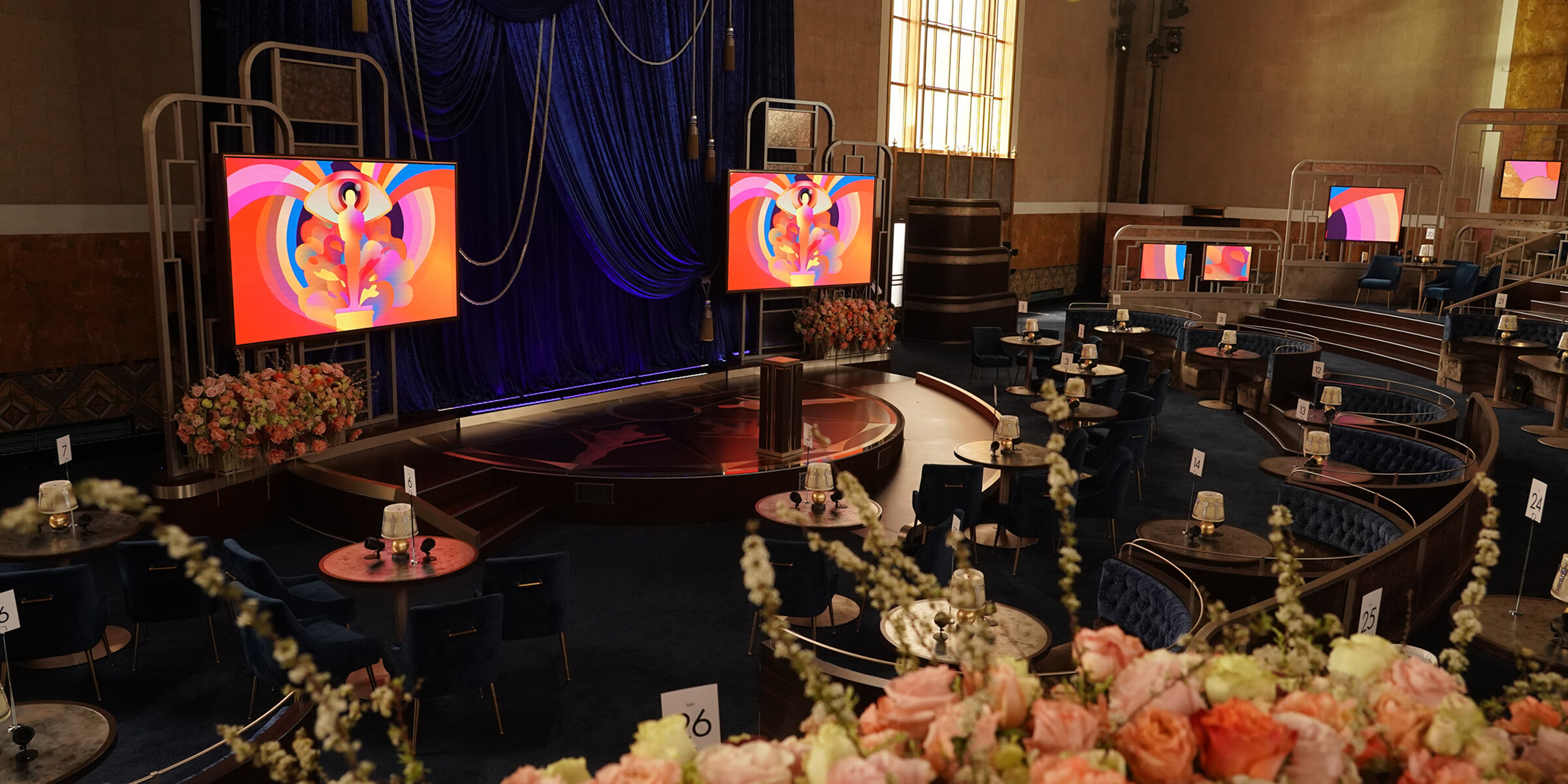How We Tell A Story Matters

Story Time!
Last week, I received a call from an Illinois number. I answered and the caller identified himself as a casting agent. Immediately I thought that this is someone who thinks I still worked at a talent agency, but that was not the case. He called me because during the holiday season there will be a production of The Wizard of Oz in New Orleans over the holidays and wanted to know if I would be interested in being a member of the Lollipop Guild. In shock, I respectfully declined.
Once the initial shock of the call wore off, I tried to figure out how this casting agent not only knew I was a little person, but knew my number. It took a minute but it finally clicked into place, and New Orleans was the key.
Let me explain…
In the fall of 2013 I was a freshman at Tulane University. Shortly after my collegiate career started the campus began to transform from Tulane to Metro City State College. Sound familiar? It is the name of the college where Channing Tatum and Jonah Hill went undercover as students in the film 22 Jump Street. My school became a movie set seemingly overnight. Myself, along with nearly every other student on campus (okay, that may be a slight exaggeration, but it did feel like that), created a profile on the casting agency’s website that was responsible for casting extras, and applied on an almost daily basis to be an extra. While I was never chosen, I did make eye contact with and walked directly past Channing Tatum early in the morning with no one else around.
While I can’t say with absolute certainty, my best guess is that the profile I made back in 2013 is still active and indicates that I am a little person living in the New Orleans area.
After the call, several thoughts swirled in my head. One in particular was that eight years ago, when I was a college student, I couldn’t get cast as an extra playing a college student. Yet, eight years later I’m getting a call to play a Munchkin.
Before I go any further, there are some things I want to make clear:
So many students applied to be an extra in 22 Jump Street, certainly more than was needed each day on set
Having worked at a talent agency for two years I know that the casting process is not transparent - I have no evidence to prove that I wasn’t chosen as an extra because I am a little person and am not asserting that that was the reason why I was not chosen
This call had me thinking, is there a way to tell The Wizard of Oz story without casting dwarfs as the Munchkins?
I think yes.
A simple answer is to cast little, as in young, kids as the Munchkins, which I know the West End production of the Andrew Lloyd Webber version of The Wizard of Oz did back in the early 2010s.
Or… you could go the Wicked route.
Image Description:
Jessica Vosk, portraying Elphaba, sitting and wearing green face make-up, a black witch’s hat, a lacy, black, long-sleeved gown and black cape with a black backdrop
Wicked tells the story of Glinda and Elphaba, who meet as college students and grow up to become Glinda the Good Witch and the Wicked Witch of the West respectively. Elphaba and her sister Nessarose, the eventual Wicked Witch of the East, are the daughters of the governor of Munchkinland. They are, according to my research on various Wicked websites, Munchkins.
Yes, the Wicked Witch of the West, with a powerhouse belt who gets to fly every night, one of the most iconic characters on Broadway, is a Munchkin.
Image Description:
Arielle Jacobs, portraying Nessarose, with long, brown hair pulled back with a headband, white long-sleeved shirt, green-and-white striped vest, and green skirt, sitting in a wheelchair with a red backdrop
To the best of my knowledge, neither Elphaba, nor *Nessarose, nor any of the Munchkin characters on stage have been portrayed by little person actors. They have all been portrayed by average-height, non-disabled actors. And you know what? The audiences have accepted this reality and loved the show since the musical premiered in 2003.
*Please note that while Nessarose is an average-height character, she is also a wheelchair user and, to the best of my knowledge, has only been portrayed by a non-disabled actor or an actor with an invisible disability. Broadway, The West End, national tours, it is time we see a visibly disabled actor play Nessa.
Knowing that there is a Wicked film in development, I will be watching to see who they cast to play the Munchkin characters, particularly Nessarose, knowing they cast Cynthia Erivo, a non-disabled actor, as Elphaba.
Munchkins, according to my research, does not mean someone of short stature. In fact, most Munchkins, as they are written in the books, are average-height. Yet, because of the 1939 film, the entertainment industry, and society in general, has adopted the belief that Munchkins have to be portrayed by little people, perpetuating negative stereotypes that exist 83 years later. I can’t help but imagine how society would treat little people if they weren’t cast as Munchkins, elves, or other mythical, human-like creatures. As we’ve seen with the reactions of little Black girls watching the live action The Little Mermaid trailer and seeing Halle Bailey as Ariel, representation, the feeling of being seen, is powerful.
I do believe that with the ongoing conversations about diverse casting and representation, it is important to make sure that disability is not left out, that we allow diverse voices to tell stories that are both familiar and new.









